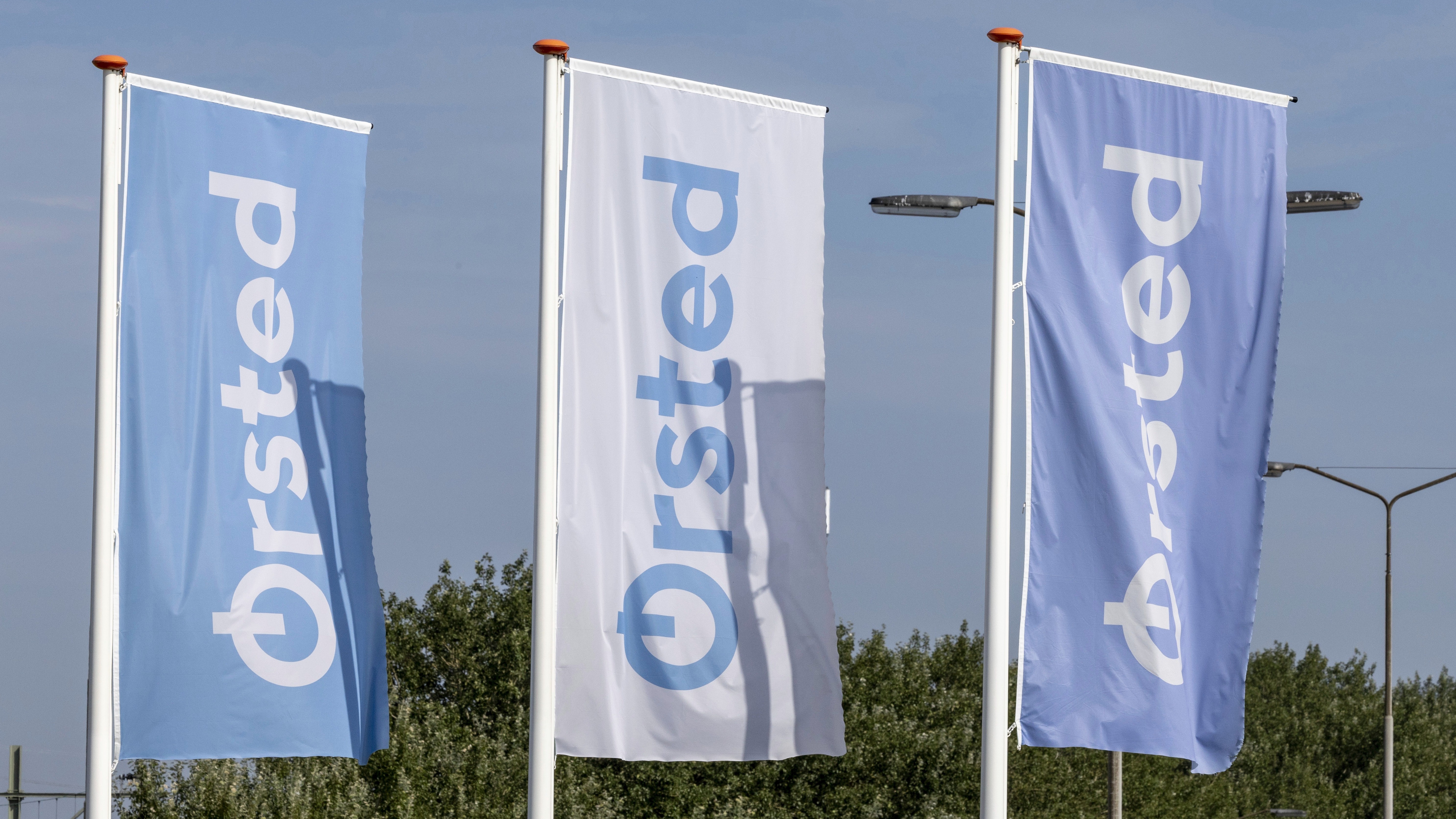One of the bedrocks of Morningstar's approach to stock investing is that long-term competitive advantages really matter. We're always interested in buying great companies that will be able to produce a healthy amount of cash flow and returns on invested capital through thick and thin. We view these wide-moat companies as the core of an individual stock investor's equity portfolio.
But these great companies aren't great investments at any price. Paying too much for a stock is going to end badly no matter how incredible the earnings potential of the underlying company is. Today, wide-moat stocks aren't wildly expensive, but the great bargains of six months ago are long gone. Investors, therefore, need to exercise much more caution before jumping into equities.
Why Wide Moats Matter Today
On a fundamental basis, wide-moat stocks hold a lot of appeal right now. There are a lot of potential risks to equity investors, and stocks with good competitive advantages are the best-positioned to withstand any potential shocks. The risks are no secret to anyone who has been following the market. Europe remains on the edge as leaders struggle to contain the sovereign debt crisis. China and other emerging markets might be overinvesting and could see growth slow. The US housing market seems stuck in the basement and the US government still hasn't created a credible plan to pay down the national debt.
Wide-moat firms aren't immune to these economic problems. A huge economic crisis is going to have an impact on their businesses, but firms that have carved out a competitive advantage are more likely to come through with the least amount of pain. Many wide-moat firms, such as Procter & Gamble (PG), sell products that consumers are going to buy no matter what is happening in Greece. Others such as Microsoft (MSFT) have created a very strong network effect that will keep recurring revenues flowing in, even if the economy is headed downward.
Beyond this, wide-moat firms have other features that can be nice during a downturn. Due to their cash flow prowess, they are more likely to have strong balance sheets and are less likely to rely on short-term financing. This means if the credit markets were to seize up again, these firms will be able to hold up for a longer time than more speculative enterprises. Many of these firms also offer decent dividends that can pay investors a steady stream of income even while stock prices oscillate.
No Longer Cheap
However, these benefits are hardly unknown. As uncertainty about the course of the economic recovery has mounted during the last year, investors have poured into high-quality stocks. In the last 12 months, all wide-moat stocks as defined by our equity analyst staff have soundly beaten narrow-moat and no-moat stocks (a total return of 9.65% versus 0.96% and negative 3.36%, respectively).
This great performance streak has increased valuations and left wide-moat stocks largely fully valued. Our analyst staff currently believes that these firms are around 4% undervalued, a far cry from the 14% undervaluation seen in the middle of November or the 20% discount that was available during the US debt-ceiling debate in August. When wide-moat stocks were very cheap, investors could load up knowing they had built in a large margin of safety. Even if something went horribly wrong (like another global financial crisis), the discount would have provided a cushion against big losses. That's no longer an option for investors putting new money to work today.
Market Valuation for Wide-Moat Stocks
So does this mean it makes sense to abandon equities and high-quality stocks? No. For those with a long-term investment horizon, equities remain an important component of an asset allocation. It isn't like there are many better places to put money to work. Yields on cash are next to nothing, bonds have had a great run during the last decade but are unlikely to reproduce those types of returns during the next 10 years, and many alternative strategies aren't appropriate for a big chunk of an investor's portfolio.
However, investors do need to be very cautious. Given the volatility in the market, a pound-cost-averaging strategy would make sense. By putting new money into the market slowly over time, investors can smooth out their cost basis and won't have to worry about trying to perfectly time the market.
It also makes sense to stay quite focused on the valuation levels of individual securities. Even if the group as a whole is fully valued, there are still some good deals on individual wide-moat stocks that will provide decent margins of safety. Two examples of wide-moat firms that look relatively undervalued right now are AstraZeneca (AZN) Novartis (NOVN), with Morningstar ratings of 4 stars and 5 stars, respectively, as at Feb 20.
The investment case for wide-moat stocks remains strong; particularly given the uncertainty that is hanging over the market at the moment. But as I've implied earlier, the days of big margins of safety are over. Investors need to stay cautious and tread carefully to avoid getting burned.
Bearemy Glaser is the worry-prone alter-ego of Morningstar markets editor Jeremy Glaser. This article has been updated by Holly Cook, editor of Morningstar.co.uk.
























